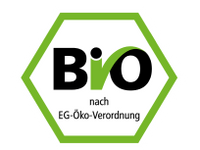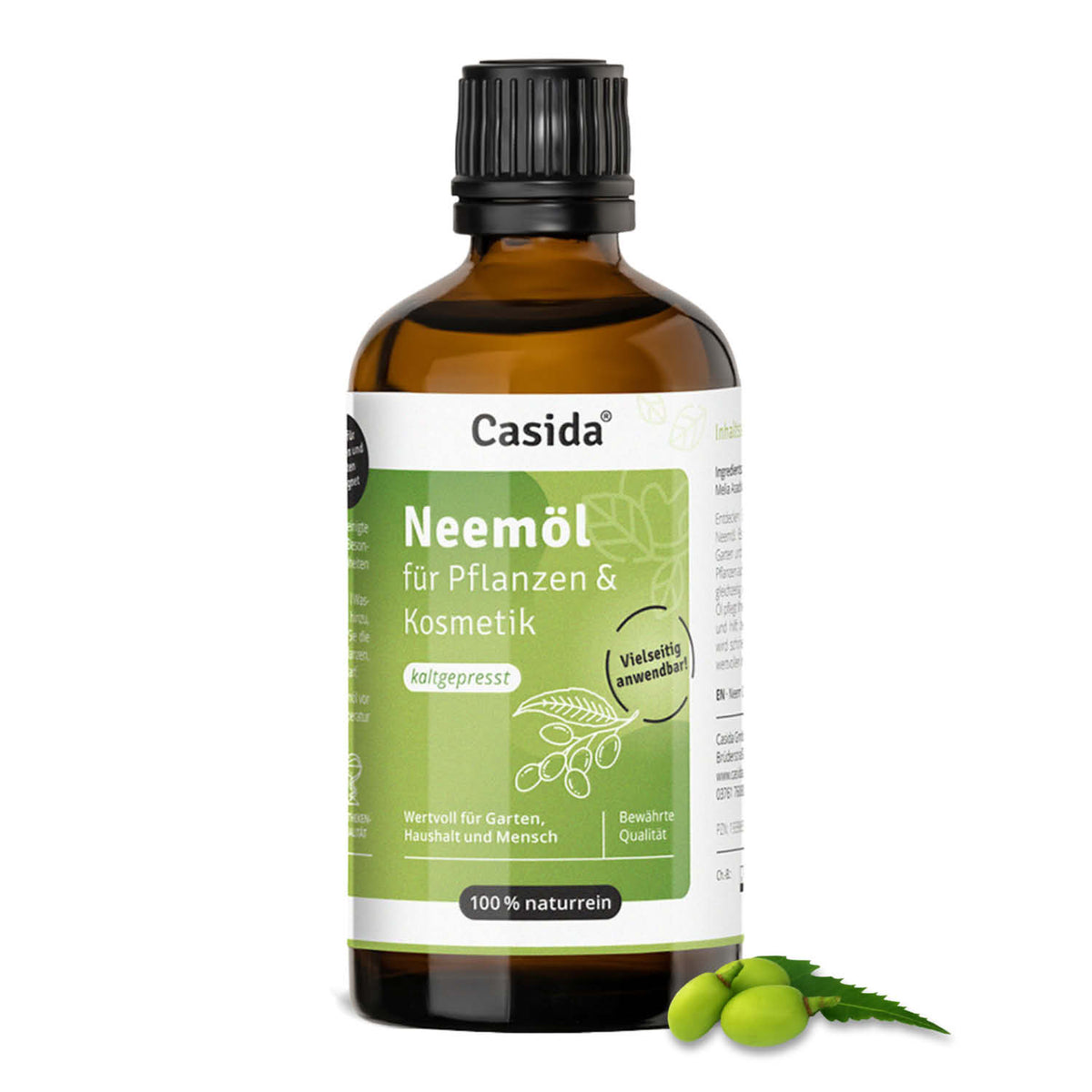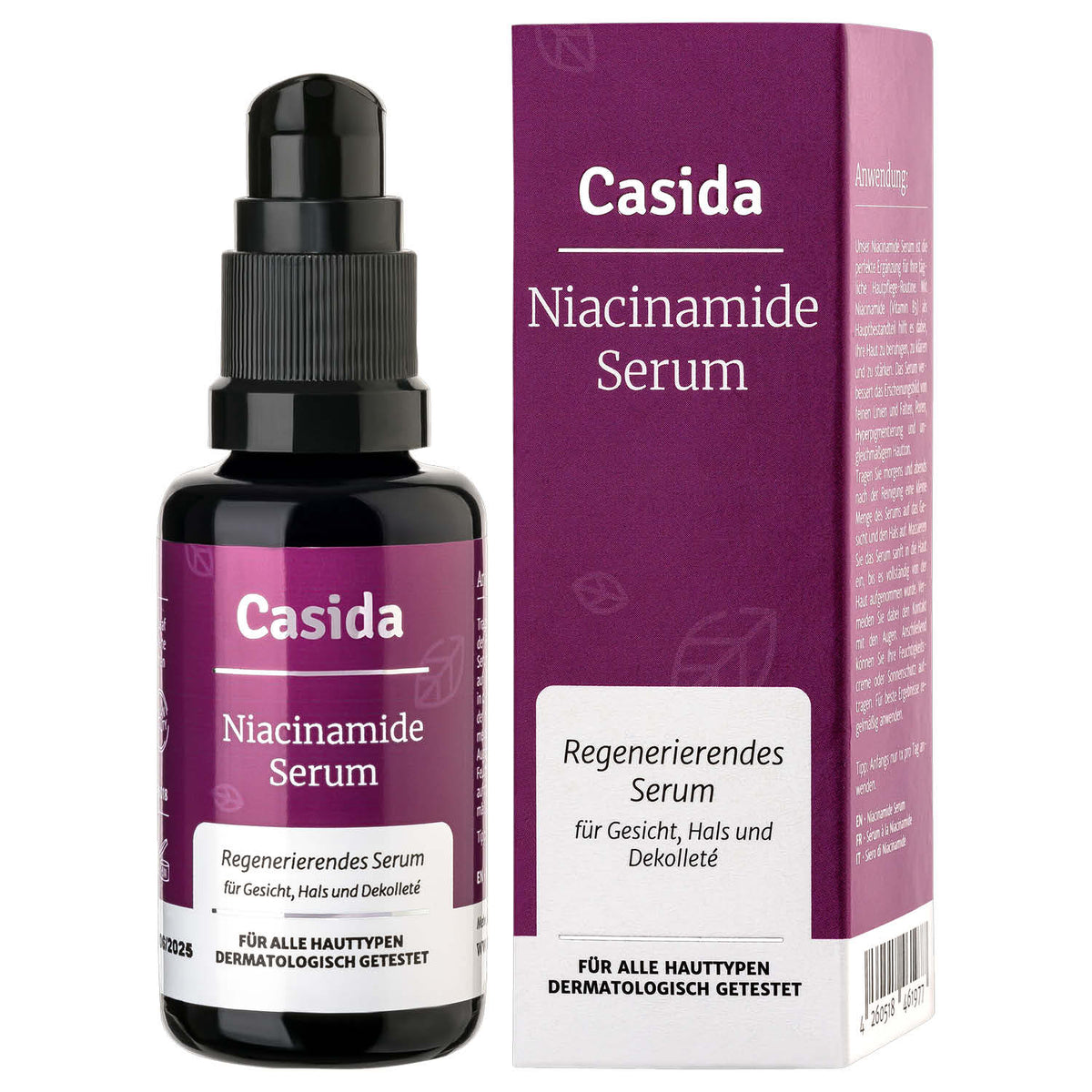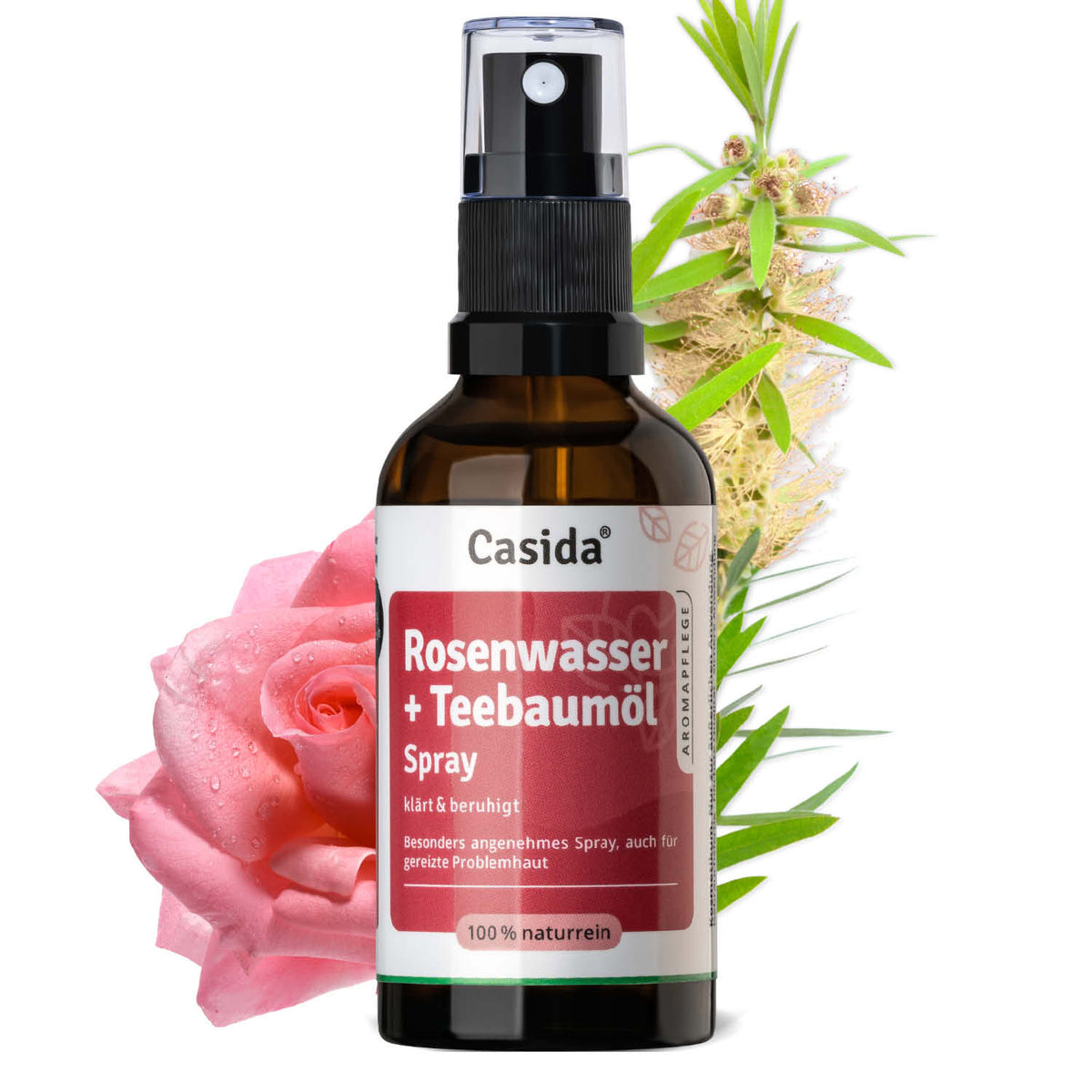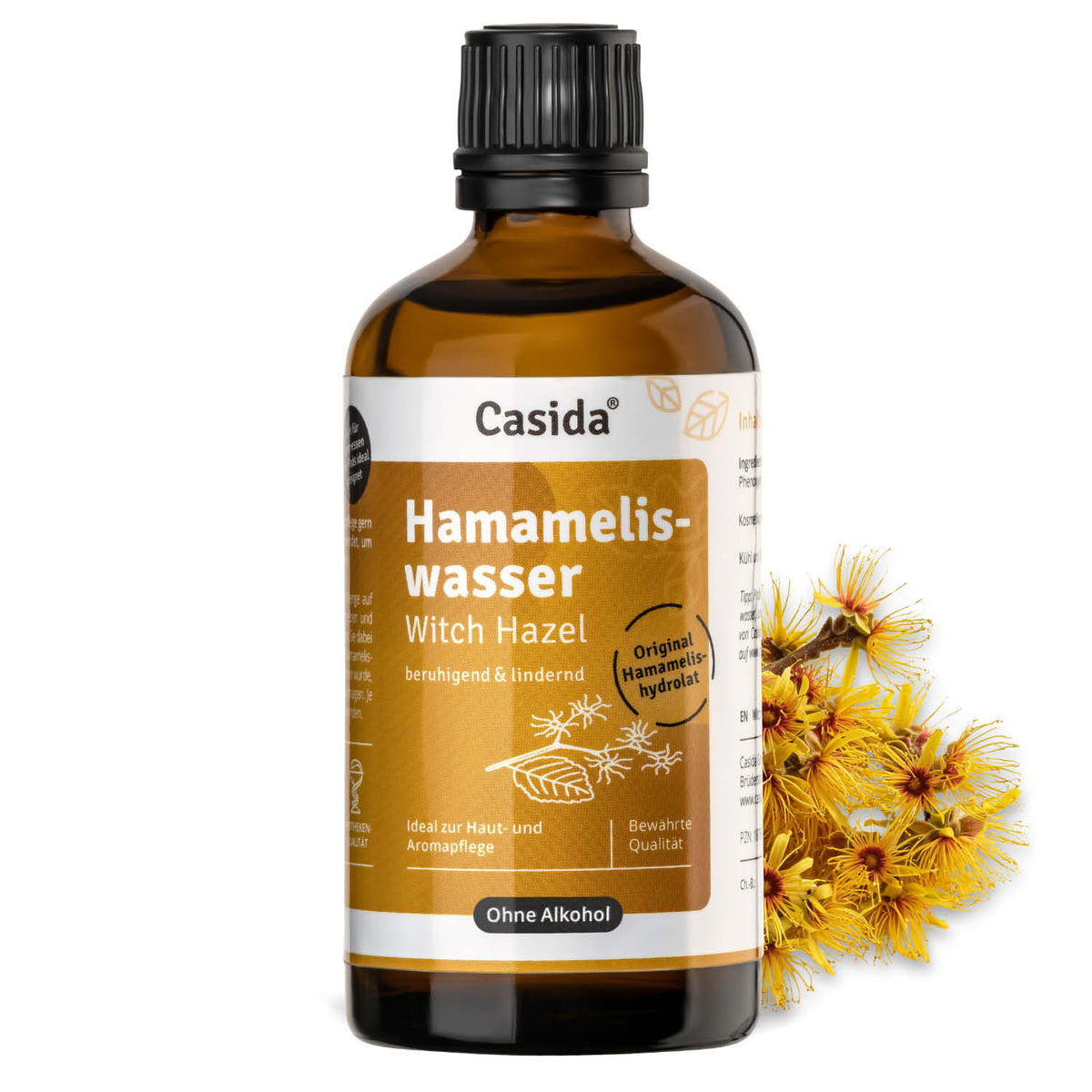The Essentials:
• Neem oil is extracted from the seeds of the neem tree (Azadirachta indica) and has a wide range of applications – particularly in natural skin care and organic gardening1.
• Thanks to its rich spectrum of bioactive components (such as azadirachtin, limonoid compounds, and essential fatty acids), it is ideal for treating skin blemishes, acne, and relieving inflammation2.
• In horticulture, neem oil acts as a natural insecticide and fungicide that controls pests and improves soil quality improved3.
• Proper application is crucial – whether through direct application, as part of DIY masks, or as a diluted spray solution for plants – to achieve maximum effect.
• Learn how to get the most out of neem oil and incorporate it into your skincare routine.
Table of contents
2. Composition and key components
3. Application in skin care
4. Neem oil in horticulture - application tips
5. Practical applications
6. Safety and precautions
7. Conclusion
8. Sources
Introduction to Neem Oil Uses
Neem oil has established itself as a true all-rounder – not only as a natural ingredient in skin care, but also as an effective agent in organic plant protection. Originally rooted in traditional Ayurvedic medicine, modern users utilize the diverse properties of this oil to relieve skin problems and protect plants from pests. This article focuses on the proper use of neem oil to achieve its full potential.
Composition and Key Components
Neem oil's impressive effectiveness is due to a complex blend of over 140 bioactive compounds. The most important ingredient is azadirachtin, a triterpenoid known for its pronounced insect-controlling properties.1 Other limonoids such as nimbin, nimbidin, and nimbolides also have antimicrobial, antiviral, and anti-inflammatory effects. This spectrum is complemented by essential fatty acids (such as oleic acid, palmitic acid, and stearic acid), which ensure stability and efficacy in cosmetic formulations.2.
Use in Skin Care
Neem oil is a proven aid in natural skin care. It possesses powerful antibacterial, antifungal, and anti-inflammatory properties, making it ideal for treating acne, eczema, and other skin irritations. Users report improved skin elasticity and a reduction in scars and fine lines.
For direct application, however, neem oil should always be diluted with a carrier oil such as coconut, sesame, or olive oil to avoid skin irritation. A small patch test is recommended before applying it to a large area. Neem oil can also be used as an ingredient in homemade face masks (for example, in combination with yogurt or rose water) to further soothe and hydrate the skin.3
Neem Oil in Horticulture – Application Tips
Neem oil is also very popular in organic gardening. It serves as a natural plant protection product that effectively combats pests such as aphids, spider mites, and whiteflies without overly harming beneficial insects. The oil's fungicidal properties protect plants from fungal infections such as powdery mildew and root rot.
For optimal effectiveness, neem oil should be applied as a diluted spray solution. Mix approximately 5 ml of neem oil with 1 liter of water and add a natural emulsifier (e.g., a few drops of dish soap) to ensure even distribution of the oil. It is advisable to apply in the early morning or late afternoon to avoid burns and disturbance to pollinators.4.
Practical Applications
The versatility of neem oil is demonstrated by its numerous applications:
For skin: Mix 1-2 drops of neem oil with a teaspoon of a carrier oil and apply the mixture locally to affected areas of skin. Alternatively, you can make a mask of neem oil, yogurt, and honey to gently cleanse and regenerate your skin.
For the garden: Prepare a neem oil spray bottle using the dilution method described above. Spray the solution evenly onto the leaves and stems of your plants to repel pests and prevent fungal infections. Repeat application every 1-2 weeks to ensure continuous protection.4.
These practical tips will make it easier for you to incorporate neem oil into your daily routine – whether to boost skin health or support sustainable plant protection.
Safety and Precautions
Despite its numerous benefits, you should always proceed with caution when using neem oil. When used in skin care, it is essential to dilute the oil and conduct a patch test before applying it to large areas to avoid possible allergic reactions. Neem oil should be used with particular caution on sensitive skin, infants, or pregnant women.5.
In horticulture, care should be taken not to use the spray solution in excessively high concentrations to avoid plant damage. Regular observation of treated plants helps identify unwanted side effects early on and adjust application if necessary.
Conclusion
In summary, neem oil is a versatile natural substance that, when used correctly, delivers excellent results in both skin care and organic gardening. Through targeted dilution and application in various formulations, you can benefit from its antibacterial, antifungal, and anti-inflammatory properties. With the tips and methods presented here, integrating neem oil into your daily routine will be a success—whether for improving your skin's appearance or for natural pest control. For those who value sustainable natural products, our Neem oil is an excellent option.
Sources
The following sources provide detailed information on the ingredients, application methods, and safety information for neem oil:
- Neem Oil Fact Sheet – NPIC [Link]
- What Is Neem Extract? Benefits, Uses, Risks, and Side Effects – Healthline [Link]
- Neem Oil and Crop Protection: From Now to the Future – Frontiers in Plant Science [Link]
- How to Use Neem Oil on Plants to Control Pests – Real Simple [Link]
- Neem Oil: How To Control Plant Pests – Urban Organic Yield [Link]
- The Health Benefits and Uses of Neem Oil – Healthy and Natural World [Link]
- 9 Benefits of Neem Oil for Plant Health – frugalgardening.com [Link]
- Neem Oil Benefits, Medicinal Uses, Dosage & Side Effects – Ayur Times [Link]
- How To Use Neem Oil for Eczema Treatment – The Eczema Company [Link]
- Top 10 Medicinal Uses of Neem Tree, Leaves, Oil in Ayurveda – Ayurvedic India [Link]
Disclaimer: The information presented in this article is for informational purposes only. If you have any health questions or concerns about using neem oil, please consult a medical professional.


